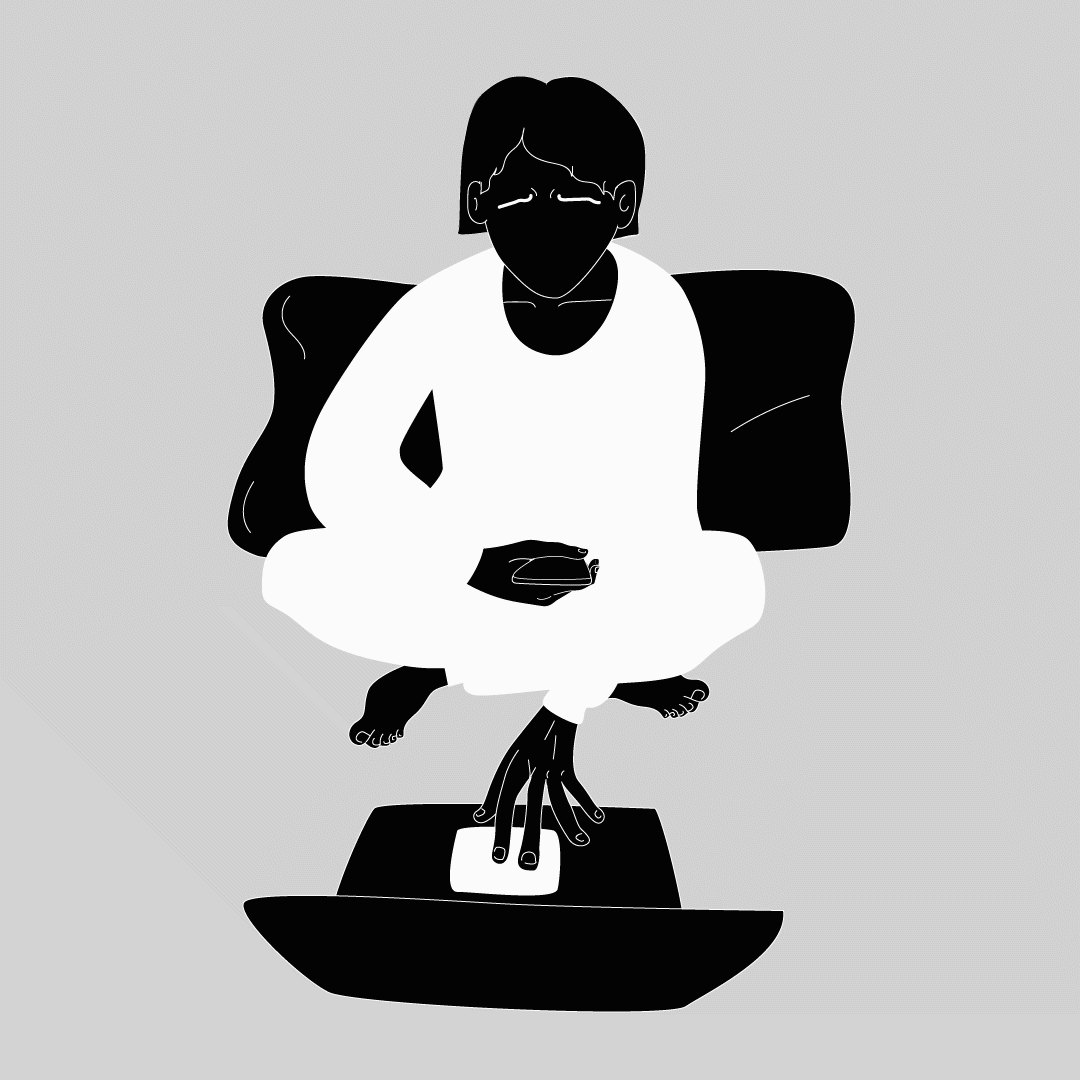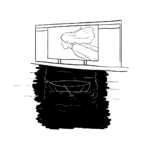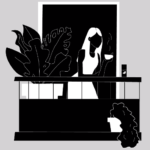HEED FOR INFORMATIVE HYGIENE
Dynamics, not only has influenced today’s society, it has also influenced the way we acquire and deliver information. Nowadays we encounter short and not relevant news, fake news that are only published for personal gains. We come across the term “Fake News” when we talk about media and their reporting. There are six types of fake news depending on the intervention of the coverage, report or statement. Completely fake news, misleading news that’s sort of true but used in the wrong context, Sloppy reporting/news that fits an agenda, intentionally deceptive news and news that contain satire. In times of a pandemic like these, the term “Fake news” transitioned to “Infodemia”.
Ilustrimi: Argjira Kukaj

At the time when Covid-19 had begun to spread around Europe, in the midst of economic, social and health care problems, World Health Organization (WHO) started to raise concern about infodemia. It got this name as a result of fake news that are being distributed and spread at a high rate during the Corona Virus pandemic. Unverified, unfounded and tendentious news, result in fear, stress and panic in our society, which takes only what is served on the information desk.
Panic was noticeable in the first days of the virus spreading in Kosovo. Everyone followed the rules of physical distance on the street and violating the same rules in stores when they went out to buy essential (and secondary) things, fearing that the shops would be closed and left without the necessary things for them, this situation continued for two weeks in row.
A fake news which was published on “kohajonë.net” online media, regarding the possibility of the spread of pandemic during the summer, it was later available on most of the country’s online media.
“High temperatures and humidity reduce the spread of the virus” was the title that gave hope to Kosovars, because spring is approaching, and with it comes the hot weather. But a few days later medical experts from “WHO” said that the news was fake. Explaining that the earth is divided into two hemispheres, in one part it is the beginning of spring and in the other the beginning of winter and the corona virus has spread all around the world, and just like that the false theory was refuted.
Fake news was also spread about anti-inflammatory medicine, such as ibobrufen, that allegedly may be a factor in the worsening of the infection, which worried users of these medications. A few days later, even this theory was refuted by the World Health Organization.
During the quarantine, media is the only access for the society to see this whole situation that is happening around them. While media, in times like these is often closing that window, thereby closing the society’s eyes. In times of crisis, the news is brought wrapped with personal and editorial interests and the society suffers from this, as it doesn’t research on the news, the online media and the sources of the information. Washing your hands for twenty seconds can potentially prevent the COVID -19 pandemic, if we spend twenty seconds also on doing research on the media coverage and its source we can also prevent stress, fear and panic.
To be credibly informed it is enough to search on internet the institutions that publish the news about pandemics, such as the Institute of Public Health (http://www.ishp.gov.al/), where information is given on how to prevent the virus and have first-hand information, such as for people that got tested, infected, or cured. Another source of information may be media statements by medical officials. Accurate information can be obtained in online statistics from health experts such as https://www.worldometers.info/coronavirus/. To be informed at national level regarding numbers and statistics, one should always refer to public institutions and their websites. Moreover, also one should refer to portals that are more credible and have enough information, citing competent people and reliable sources.
The whole world is trying to win the war with the pandemic COVID-19, calling for increased care, hygiene, quarantine and physical distance. China, the country of origin of this virus, has won the battle. In this battlefield, personal hygiene should be in line with information hygiene.
#NoPanic #Yesawareness
About the author: Liri Hashani is 20 years old, from Obiliq is a journalism student at University of Prishtina.
This grant is supported by the ‘Civil Society programme for Albania and Kosovo’, financed by the Norwegian Ministry of Foreign Affairs and managed by Kosovar Civil Society Foundation (KCSF) in partnership with Partners Albania for Change and Development (PA). The content and recommendations do not represent the official position of the Norwegian Ministry of Foreign Affairs and Kosovar Civil Society Foundation (KCSF).


